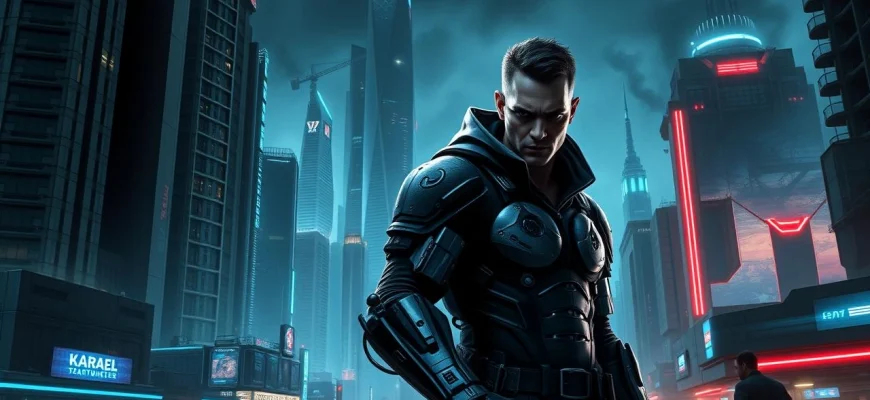If you're a fan of the gritty, action-packed world of 'RoboCop (2014)', you're in for a treat. This article explores 10 movies and TV shows that capture the same blend of sci-fi, cybernetic enhancements, and intense action. Whether you loved the moral dilemmas, futuristic tech, or relentless battles, these recommendations will keep you on the edge of your seat. Dive in to discover your next favorite watch!
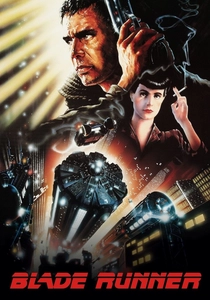
Blade Runner (1982)
Description: Blade Runner shares with RoboCop (2014) a dystopian future setting where the line between human and machine is blurred. Both films delve into existential questions about identity and what it means to be human, set against a backdrop of urban decay and corporate dominance.
Fact: The film is loosely based on Philip K. Dick's novel 'Do Androids Dream of Electric Sheep?'. Harrison Ford was not happy with the voiceover narration forced upon him. The film initially underperformed but is now considered a classic.
 Watch Now
Watch Now 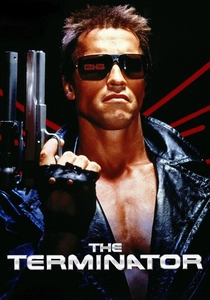
The Terminator (1984)
Description: The Terminator shares with RoboCop (2014) the theme of man versus machine, with a focus on a relentless, nearly indestructible mechanical antagonist. Both films explore the consequences of advanced technology in a near-future setting, with intense action sequences and a dark tone.
Fact: James Cameron came up with the idea for The Terminator from a fever dream he had while sick. Arnold Schwarzenegger was initially considered for the role of Kyle Reese, not the Terminator. The film was made on a relatively low budget of $
 Watch Now
Watch Now 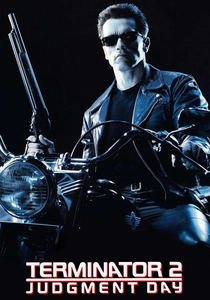
Terminator 2: Judgment Day (1991)
Description: Terminator 2: Judgment Day, like RoboCop (2014), features advanced robotic characters with human-like qualities, exploring themes of humanity and technology. Both films have groundbreaking special effects for their time and blend action with deeper philosophical questions.
Fact: The liquid metal effects for the T-1000 were revolutionary and won an Academy Award for Visual Effects. It was the most expensive film ever made at the time, with a budget of around $100 million. Edward Furlong was discovered by casting agents at a boys' club in Pasadena.
 Watch Now
Watch Now 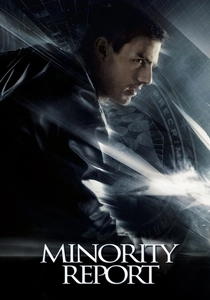
Minority Report (2002)
Description: Minority Report shares with RoboCop (2014) a futuristic setting where technology is used to enforce the law, raising ethical questions. Both films feature protagonists who are part of the law enforcement system but begin to question its morality, leading to intense action and moral dilemmas.
Fact: Steven Spielberg consulted with scientists to create a believable future world. Tom Cruise did many of his own stunts, including the famous car factory scene. The film's 'precrime' concept is based on a Philip K. Dick short story.
 Watch Now
Watch Now 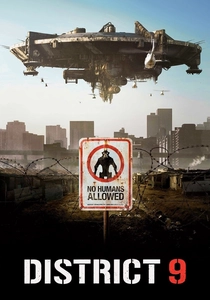
District 9 (2009)
Description: District 9, like RoboCop (2014), is a sci-fi film that blends action with social commentary, set in a world where advanced technology exists alongside societal inequality. Both films feature protagonists who undergo physical transformations, leading to a change in perspective and a fight against oppressive systems.
Fact: The film was made on a budget of $30 million, a fraction of most sci-fi blockbusters. The documentary-style approach was inspired by real events in South Africa. The film was a critical and commercial success, earning four Oscar nominations.
 Watch Now
Watch Now 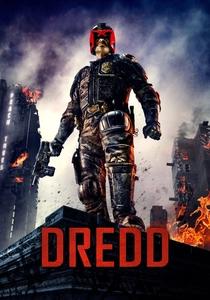
Dredd (2012)
Description: Similar to RoboCop (2014), Dredd is a gritty, dystopian action film that explores themes of law enforcement in a crime-ridden future. Both films feature protagonists who are enhanced or armored law enforcers dealing with corruption and violence in urban settings. The visual style is dark and violent, with a focus on high-tech weaponry and urban decay.
Fact: Dredd was shot in 3D, with the slow-motion sequences specifically designed to take advantage of the format. Karl Urban never removes his helmet in the film, staying true to the comic book character. The film was a box office disappointment but gained a cult following later.
 Watch Now
Watch Now 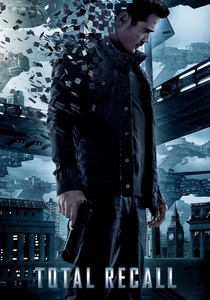
Total Recall (2012)
Description: Like RoboCop (2014), Total Recall is a sci-fi action film set in a futuristic world with advanced technology and societal issues. Both films involve protagonists who undergo physical enhancements and question their own identities. The themes of corporate control and rebellion are also prominent in both.
Fact: The film is a remake of the 1990 movie of the same name, both based on a Philip K. Dick story. The hover car chase scene was inspired by the architecture of São Paulo, Brazil. Colin Farrell performed most of his own stunts.
 Watch Now
Watch Now 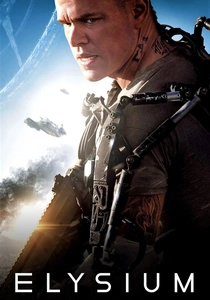
Elysium (2013)
Description: Elysium, like RoboCop (2014), is set in a future where society is divided between the haves and have-nots, with advanced technology playing a key role. Both films feature protagonists who undergo physical enhancements to fight against a corrupt system, blending action with social commentary.
Fact: Matt Damon trained in parkour for his role. The film's budget was $115 million, a significant increase from director Neill Blomkamp's previous film, District
 Watch Now
Watch Now 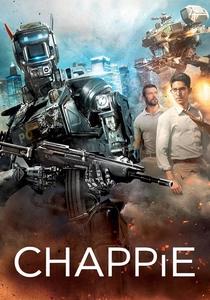
Chappie (2015)
Description: Chappie shares with RoboCop (2014) the theme of artificial intelligence gaining human-like consciousness. Both films explore the ethical implications of creating sentient machines and the societal reactions to them, set in near-future urban environments with a mix of action and drama.
Fact: The robot Chappie was played by actor Sharlto Copley through motion capture. The film's soundtrack was composed by Hans Zimmer. The film's visual effects were done by the same team that worked on District
 Watch Now
Watch Now 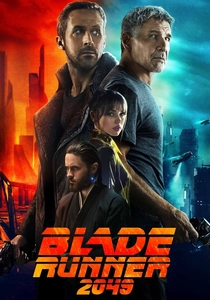
Blade Runner 2049 (2017)
Description: Blade Runner 2049, like RoboCop (2014), is a visually stunning sci-fi film that explores themes of identity, memory, and humanity in a dystopian future. Both films feature protagonists who are part machine, part human, and both deal with the moral implications of such existences.
Fact: Roger Deakins won his first Oscar for Best Cinematography for this film. The film's runtime is 2 hours and 44 minutes, making it one of the longest mainstream sci-fi films. Ryan Gosling's character was originally written as a replicant, but this was changed during production.
 Watch Now
Watch Now 
